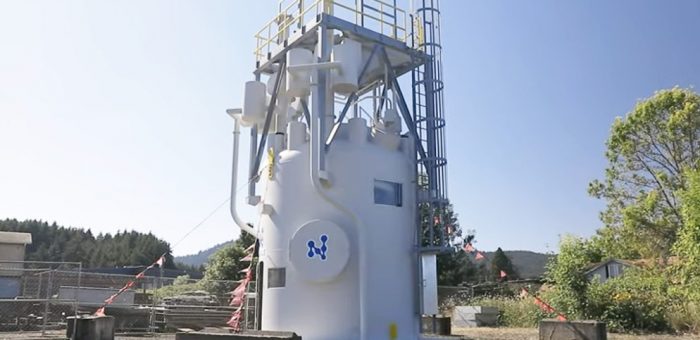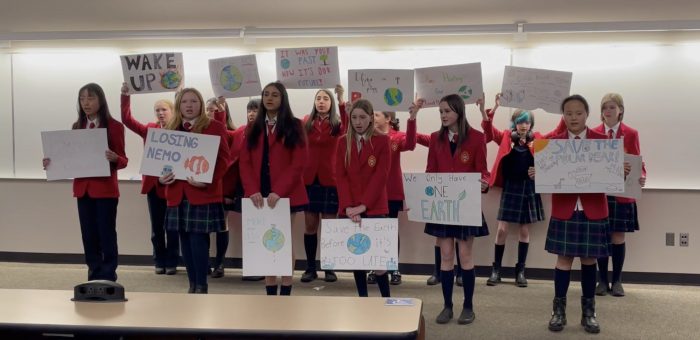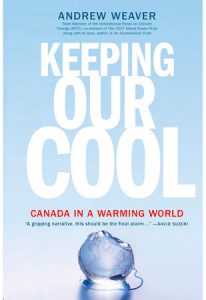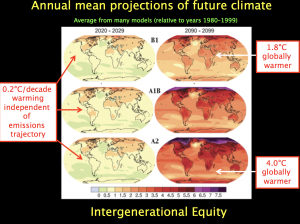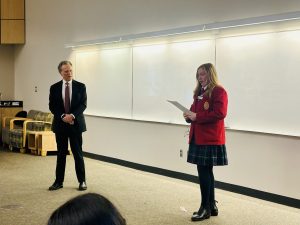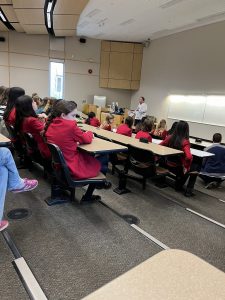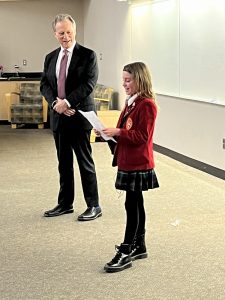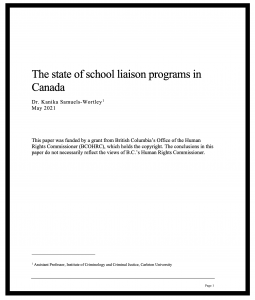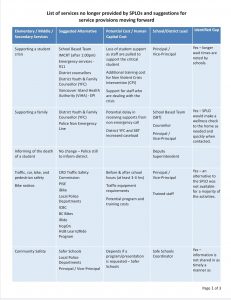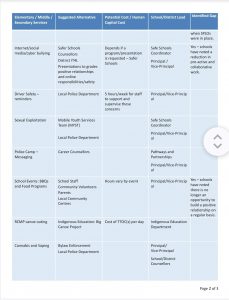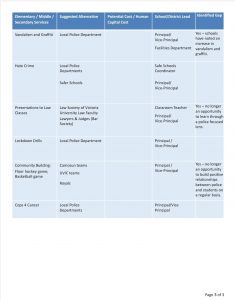I recently came across a clip of Keith Baldrey referring to John Rustad’s interest in nuclear power as “controversial.” His punditry continued by predicting that a future NDP attack ad will “very strongly” denounce nuclear as an option that can facilitate clean energy generation in British Columbia.
As a climate scientist and a lead author of multiple assessments from the United Nations Intergovernmental Panel on Climate Change, I become concerned when I see worthwhile climate policy proposals being dismissed because of shortsighted electoral politics.
Nowhere is this more apparent than in our province’s current discourse on nuclear power generation as part of a clean energy agenda. When the BC NDP rejected such a prospect in 2023, it was little more than a continuation of the ideological ecosocialist decades-long opposition to nuclear technology.
As much as I celebrate robust discussions on climate action, employing misinformation as part of such an important exchange of ideas is a huge disservice to our province.
British Columbians are ready and willing to contemplate a new energy mix as part of our future, as evidenced by findings from a newly released Ipsos poll showing that 58% of residents support a review of current restrictions on the use of nuclear power (in contrast to only 27% in opposition).
Over the past two decades, I’ve advocated for nuclear as a viable interim power source. On the road to achieving an energy landscape that is abundant, reliable, cost-effective, renewable, and most importantly, clean, nuclear power should never be dismissed as effortlessly as our Premier did last year or the Greens did is 2021.
If we’re poised to have this debate during the upcoming election campaign, it’s important to be guided by science rather than political posturing and rhetoric.
First, let’s talk about the most obvious appeal of nuclear power from a carbon footprint perspective: it’s a zero-emission clean energy source. That’s because it generates power through fission, which is the process of splitting uranium atoms to produce energy.
 Nuclear energy also produces more electricity on less land than any other clean-air source (such as solar or wind), is the highest-density fuel available (requiring less output than other options), and can be generated 24 hours a day, making it the most reliably available energy source to meet ongoing needs at any time.
Nuclear energy also produces more electricity on less land than any other clean-air source (such as solar or wind), is the highest-density fuel available (requiring less output than other options), and can be generated 24 hours a day, making it the most reliably available energy source to meet ongoing needs at any time.
It is also extremely safe when considering the death rates (from air pollution and accidents) as a ratio to per unit electricity output. Despite the unwarranted fear generated by pop culture dramatizations of nuclear accidents of the distant past (caused without the benefit of the huge technological advances in the decades since) or activists who dishonestly accentuate the manageable, localized problem of nuclear waste (also largely aided by breakthroughs in technology), nuclear power is as safe as it comes across the spectrum of clean energy options.
As George Monbiot noted in an article entitled Why Fukushima made me stop worrying and love nuclear power that he penned for the Guardian in 2011:
A crappy old plant with inadequate safety features was hit by a monster earthquake and a vast tsunami. The electricity supply failed, knocking out the cooling system. The reactors began to explode and melt down. The disaster exposed a familiar legacy of poor design and corner-cutting. Yet, as far as we know, no one has yet received a lethal dose of radiation.
He further added:
Some greens have wildly exaggerated the dangers of radioactive pollution. For a clearer view, look at the graphic published by xkcd.com. It shows that the average total dose from the Three Mile Island disaster for someone living within 10 miles of the plant was one 625th of the maximum yearly amount permitted for US radiation workers.
Finally, I’m a booster of nuclear because of the strategic advantages Canada offers when compared to other global competitors. We are the second-largest producer and exporter of uranium in the world, have over seven decades of experience and success in nuclear energy production, and are on the cutting edge of producing small modular reactors, (like the NuScale Power facility illustrated in the header image for this post — in case anyone wonders, I do not own any shares in NuScale Power) which is a market projected to reach $150-$300 billion annually by 2040.
This discussion brings me back to my disdain for the apparent hubris of some within the NDP on the climate change agenda, as demonstrated by their attitude that they have exclusivity over climate concern and leadership. I remind them again that on their watch, they approved, and through extremely generous government subsidies advanced, the biggest source of greenhouse gas emissions in BC’s history (LNG Canada).
In my world of academia and research, any individual or entity willing to use misinformation to advance an agenda cannot claim a moral pulpit from which to deliver sermons. It is highly problematic for the NDP to use such tactics in responding to Rustad’s musings on nuclear power in BC.
 The NDP’s insistence on falsely labelling their opponents as climate deniers is not only done in bad faith, but also represents an approach to governance that demonstrates a devotion to playing politics rather than lowering carbon emissions. One such individual they’ve incorrectly labelled a climate denier is John Rustad, the leader of the BC Conservative Party. Yet on September 20 at the recent Union of BC Municipalities Annual Convention, John Rustad addressed delegates and said:
The NDP’s insistence on falsely labelling their opponents as climate deniers is not only done in bad faith, but also represents an approach to governance that demonstrates a devotion to playing politics rather than lowering carbon emissions. One such individual they’ve incorrectly labelled a climate denier is John Rustad, the leader of the BC Conservative Party. Yet on September 20 at the recent Union of BC Municipalities Annual Convention, John Rustad addressed delegates and said:
“The climate change issue is real. There’s no question there.”
“Man is having an impact on our climate, there’s no question there. “
And so this brings to a point I recently conveyed to the NDP Minister of Energy, Mines & Low Carbon Innovation:
What’s worse, a few folk who didn’t understand the seriousness of global warming but now clearly do and are going all in on adaptation & to electrify BC or a party of MLAs who understood the seriousness of the issue yet collectivity advanced, subsidized and voted unanimously to throw future generations under the bus.
You decide. As I have said before, no one has a monopoly on determining the best path forward for a climate action agenda and I sincerely hope that brand of politics can be put aside during the ongoing election campaign.

